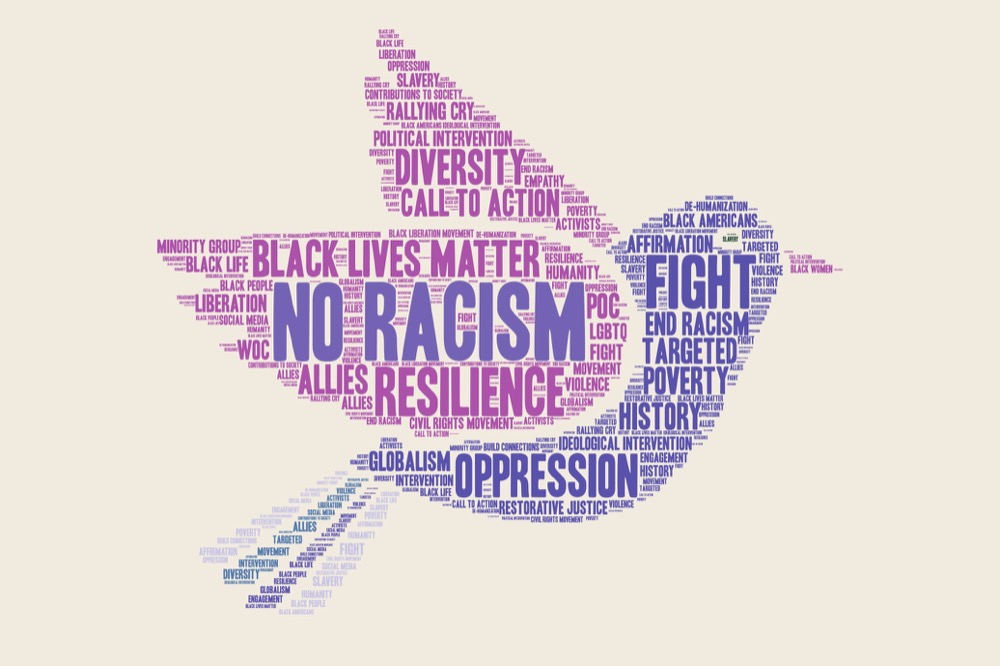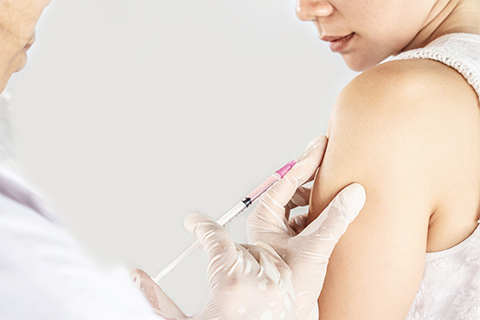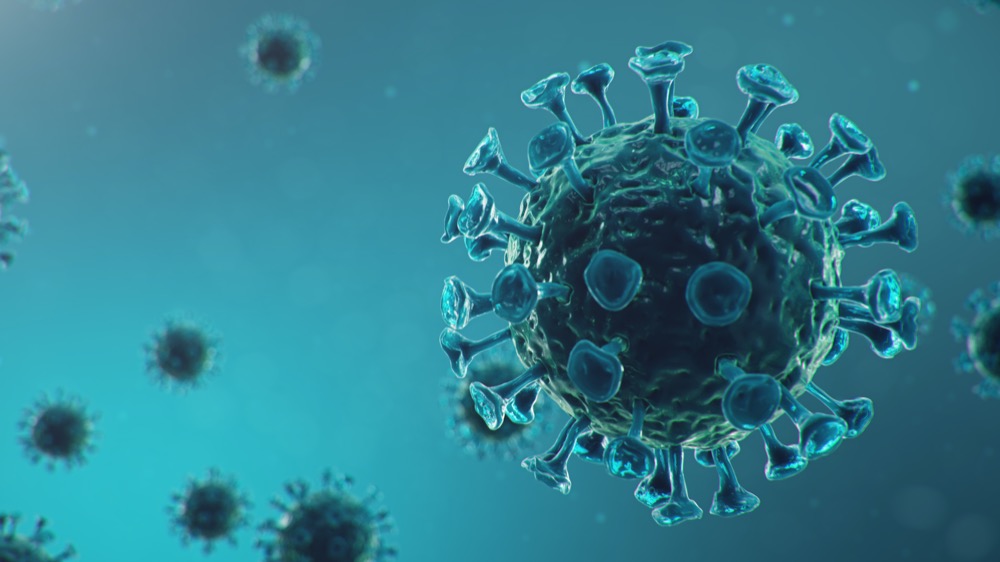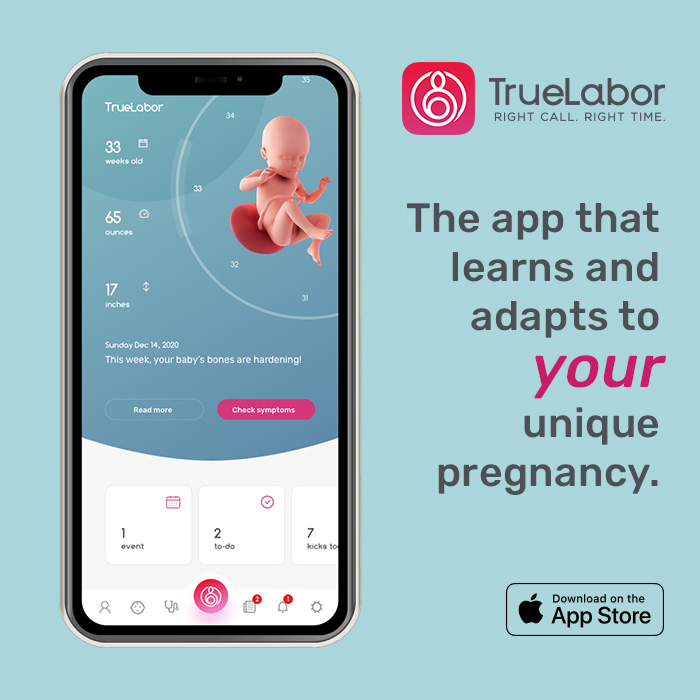Covid-19 Vaccine: A Year in the Making and Why You Should Take It
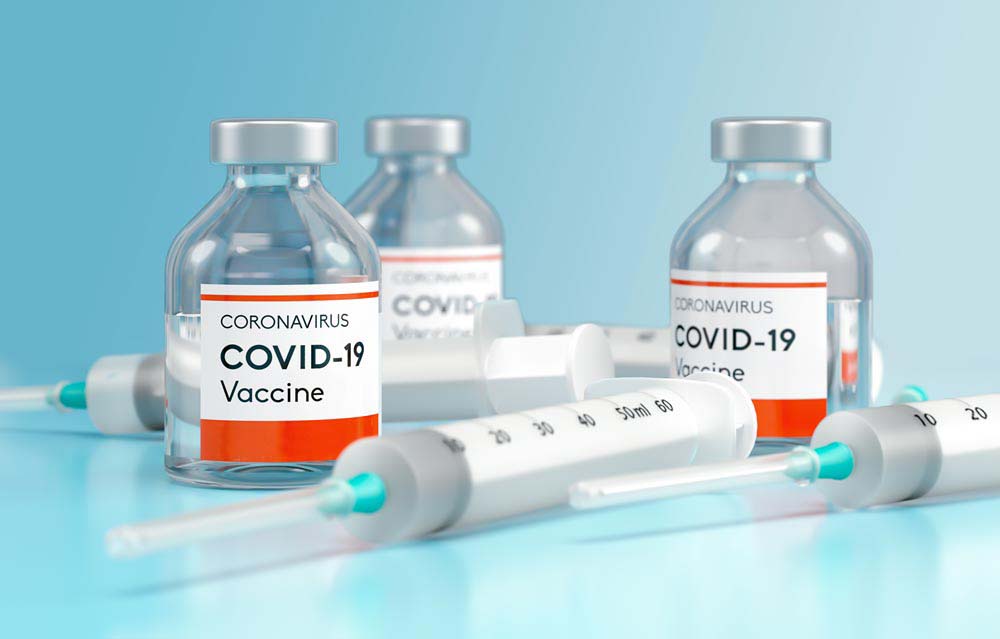
History has already shown that a viral pandemic – that would be on par with plagues from previous centuries – would be likely in our lifetimes.
We’re facing it now
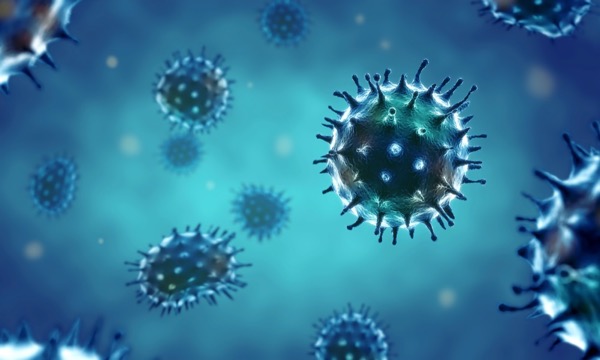
Just about a year ago, the new SARS-CoV-2 virus (COVID-19) was identified as the cause behind the catastrophe that was unfolding in Wuhan, China. Since then, there have been almost 2 million deaths worldwide, and authorities expect that it will reach over 3 million deaths by April 2021. Americans make up 4% of the world’s population, but at 400,000 deaths by the end of 2020, they account for over 20% of the deaths.
Covid-19 is now the 3rd leading cause of death in the USA, after heart attacks and cancer, and it has already reduced life expectancy in the States. It is especially dangerous for minorities: for example, Black Americans makeup 13% of the population and yet remarkably represent 24% of deaths. Sadly, current data indicate that the gap in life expectancy between black and white Americans has increased to six years.
This is a challenging and lonely disease. While it is true that for many it’s not a big deal (in terms of physical symptoms), for others it is deadly – and there’s no way of knowing who’s critically affected and who’s not.
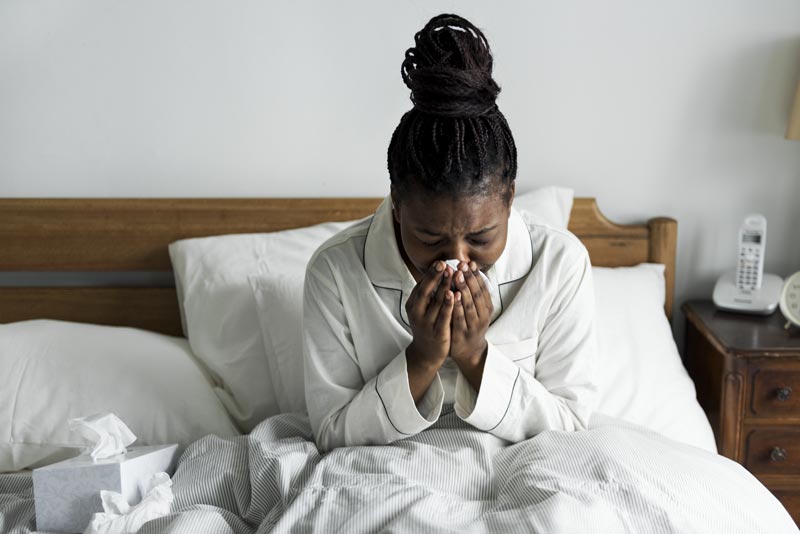
Plus, the proportion of cases that turn out to be severe or deadly is much higher than for diseases like the seasonal flu. Finally, because it’s a new virus, we still don’t understand what all the long-term effects of infection can be, but there are some disturbing early indications that it can continue to cause problems for years, even after full recovery from the initial infection. One in ten people have what is now called “long haulers” syndrome. Months after the infection, people continue to experience chest pain, shortness of breath, headaches, and lack of smell. It’s just not something you want to go through.
12 months: a brief history of the pandemic to a vaccine
In early January 2020, Prof. Zhang Yongzhen (a virologist) was sent a sample from a patient deathly ill from a new and rapidly spreading illness. His lab worked through night and day and sequenced the viral genome in an unprecedented 40 hours. Since the genetic sequence of a virus provides the blueprint for how the virus is made, Prof. Yongzhen and his team’s heroic effort provided the world with the first key to developing a vaccine.

He raised the alarm and noted that what he had sequenced was a coronavirus similar to the deadly SARS and MERS, which kills 1 in 3 people. But this was a little different: whereas SARS and MERS made people deathly ill before they became infectious, COVID-19 is infectious even before it causes symptoms. It turns out that this class of Coronavirus (COVID-19) is different: although it’s not as deadly as the virus that causes SARS or MERS, it is 5x more infectious and 12x more deadly than the flu virus. And people who have no symptoms and don’t even know they’re sick can spread it.
Dr. Zhang released the genetic sequence through an Australian colleague to an online forum, even though his government saw that as a crime. Scientists from around world picked it up and began working on a vaccine.
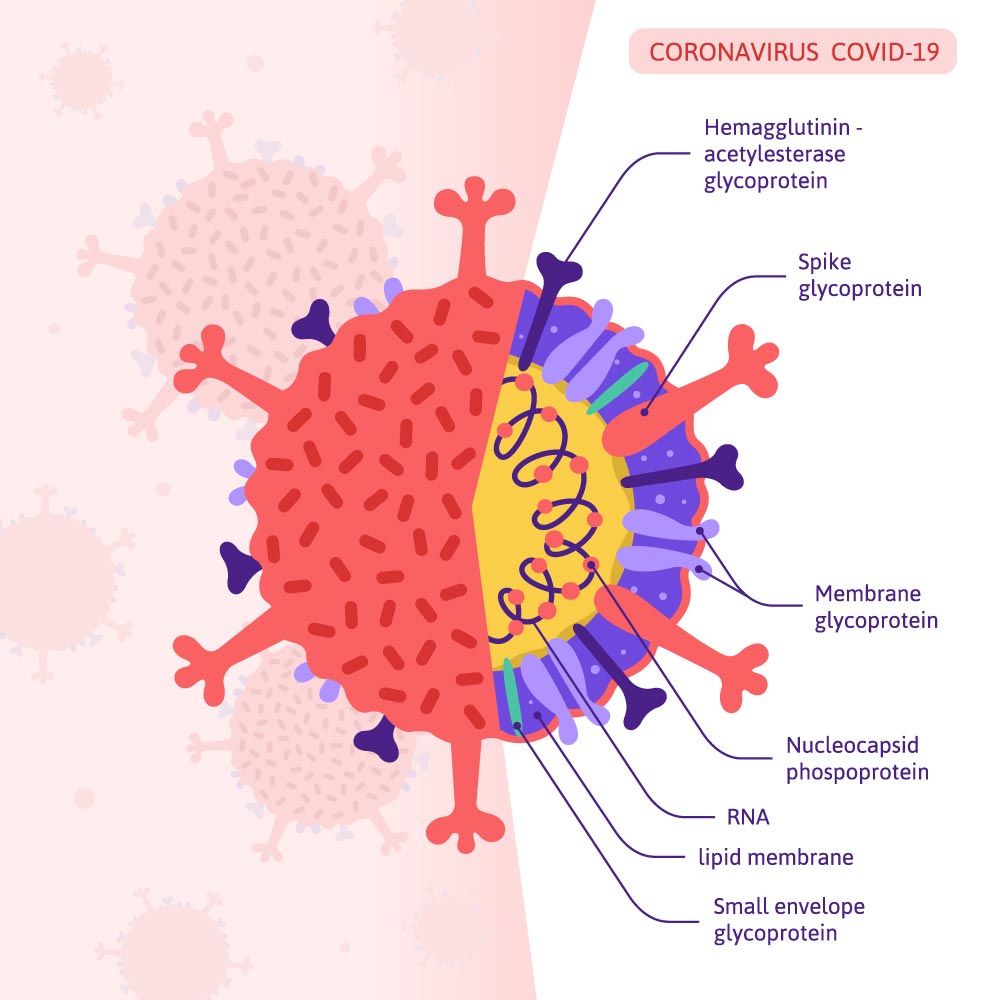
In an unprecedented scientific effort around the globe, we now have a half-dozen highly effective vaccines in less than a year, three of which are currently approved for use in the United States.
Reasons why the vaccine could be developed in less than a year
- Funding: public and private monies poured into the race for a vaccine, pushing aside the usual financial concerns facing pharmaceutical companies
- Demand and urgency were high (since all countries were affected)
- Governments pre-purchased the vaccine, meaning that research companies like Moderna, Pfizer, and AstraZeneca could take greater risks as they weren’t bankrolling it themselves.
- These vaccines use new science rather than the traditional method of weakening or killing a virus (a process which takes a long time)
- From the viral sequence that Dr. Zhang produced, Pfizer/BioNTech, Oxford/ AstraZeneca, and Moderna were able to design a vaccine in 48 hours.
- They used a non-traditional platform technology, which involves slotting genetic material from the virus into a tried-and-tested delivery package. Once introduced into the human body, this genetic material is used by the protein-making machinery in our cells to churn out the coronavirus “spike protein”, triggering an immune response. Basically, the mechanism is like a security access code; like with an office building, once your key fob is disabled, the door won’t let you in. What these vaccines do is shut off the virus’ “authorization” and lock the door.
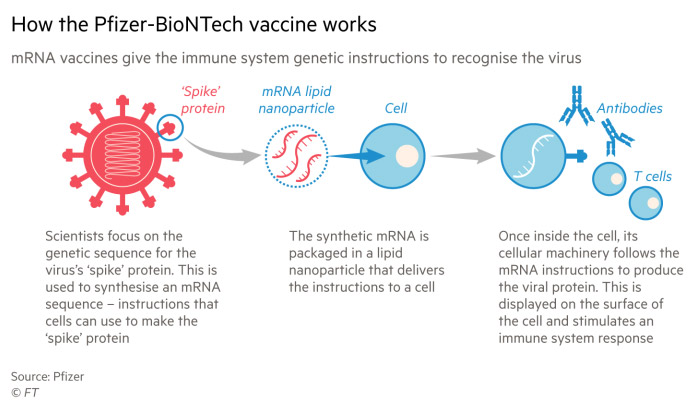
- The mRNA vaccine platform technology has been in development for over two decades.
- The use of platform technologies means a vaccine can be rapidly developed, and more is known about its safety profile from the start. Production is faster and cheaper as existing production processes can be used.
- Given the large trial sizes and duration (over 40,000 for Pfizer and 30,000 for Moderna), no corners were cut in testing these vaccines. In the first few months after the vaccination program initiated over 100,000 pregnant women were added to the registries. Research has concluded that the vaccine does not alter the rate of miscarriage, nor is it responsible for stillbirth, preterm delivery, or growth issues.
- Advances in tech have streamlined data-recording. Social media made it easier to recruit trial participants – aided by a strong public desire to help. Normally, it takes weeks or months to recruit enough volunteers for a study. This time it happened almost overnight.
- Finally, the vaccines are safer than ever: because there is none of the virus in the vaccine itself, it can’t infect a patient.
The approval process
The FDA has the most stringent requirements for medications and vaccine approval in the world. They didn’t take any shortcuts here. Most reactions to vaccines are immediate, and almost all issues with vaccines happen within 2 months. By May 27, 2021, 1.78 billion shots have been given worldwide, with almost 300 million of those in the USA.
For the latest updates on Covid-19 vaccine global distribution, visit Covid Vaccine Tracker from Bloomberg.
What happens when you’re vaccinated?
There is no covid-19 virus whatsoever (not even dead, inert, or weak virus) in the vaccine. It is impossible for this vaccine to infect a patient with the virus it is designed to protect against.
Viruses cannot replicate by themselves; they need the machinery inside our cells to do that. Also, a virus can’t multiply and spread if it can’t get inside your cells to begin with.
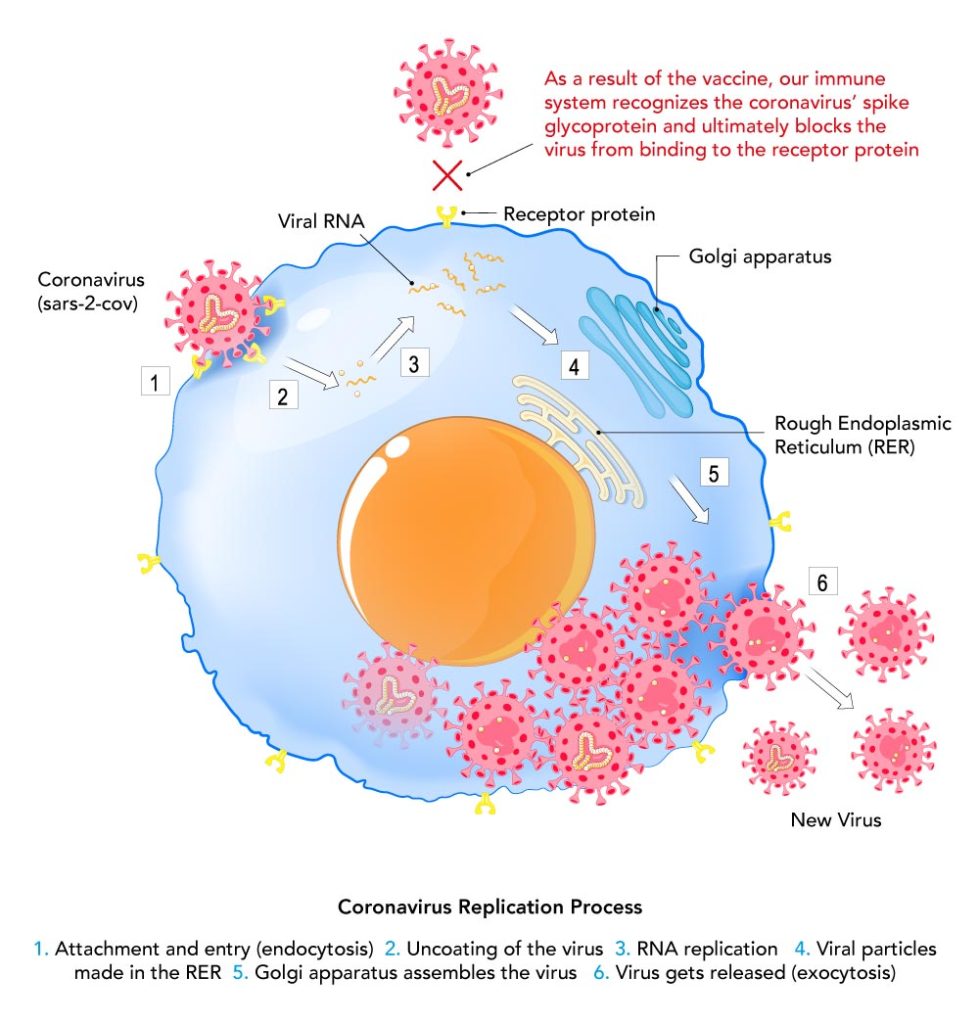
What these vaccines do – be it Moderna, Pfizer or the others available globally or close to approval – is block the mechanism by which the virus gets into a cell. Basically, viruses trick a cell into letting them in, and the vaccines program your cells to recognize the virus as a harmful foreign substance and prevent their access.
It’s like your badge being de-authorized from your building. Once that’s done, no matter how many times you swipe it, the door’s not going to unlock.
Current State
In Georgia, with thousands of infections being recorded daily and despite millions of vaccinations already in peoples’ arms across the USA, up to 60% of people have said that they want to wait and see about the vaccine.
It’s understandable: America has a checkered past when it comes to health equity. Unethical scientific experiments such as the Tuskegee trials have left many people suspicious of the health care system. This immoral behavior has created an understandable emotional scar on Black Americans in particular when it comes to trusting health authorities.
At the same time, it’s critical to understand the importance of this vaccine and how science and medicine have progressed from then to current times: with strong mandates and supervision on ethics, policy, and transparency.
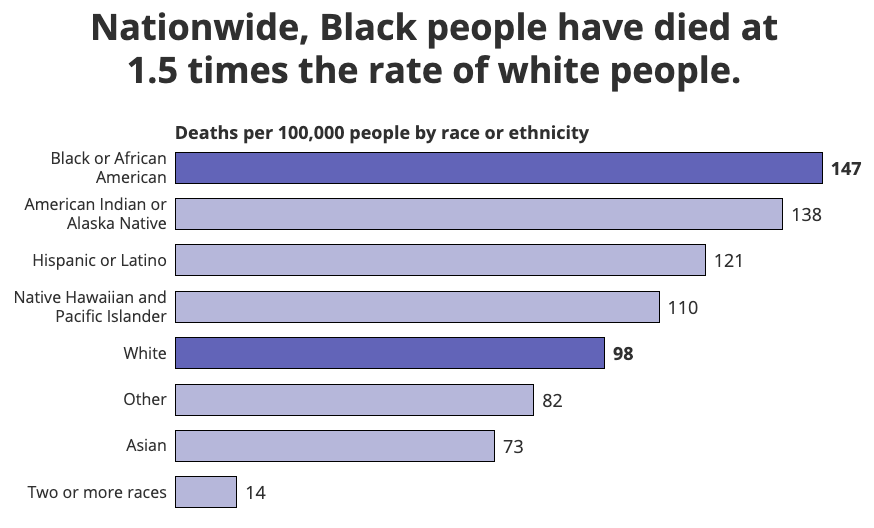
The bottom line is that the vaccine is safe. It’s impossible to get the virus from it, and there’s nothing in it other than the media and the genetic code to shut off the access. The more people get the vaccine, the fewer will get COVID-19, and we can stop the spread (including the more infectious variant discovered in the UK, which is already on American soil).
In the future, proof of vaccination is likely to be needed to travel, go to school, work in a doctor’s office or any essential worker position, or even to attend social events.
We are encouraging everyone to take the vaccine unless they are allergic to a component of the vaccine. It is our only hope to regain normalcy in America.
The physicians of Ob/Gyn of Atlanta recommend Covid-19 vaccination for all eligible women including those who are pregnant or breastfeeding. Pregnant women are now eligible for vaccination in Georgia based solely on their pregnancy status.
Am I eligible for the Covid-19 vaccine?
Georgia eligibility is open for everyone 16 years of age and older for the COVID vaccine. Note: Pfizer is the only COVID vaccine currently approved for children aged 16 and older.
View the full eligibility list and details
How do I know when vaccine appointments become available?
A new VAX App alerts people when vaccine appts are available. There is nothing to download, just text the word VAX to 844-554-4024 and you will be asked to enter your county and your priority phase for vaccination. You will then receive a text message when your county has available appointments for your phase.
Covid-19 Vaccine Locations
You can schedule an appointment at the following locations:
Covid-19 Vaccine at Publix Pharmacy: https://www.publix.com/covid-vaccine
Covid-19 Vaccine at Kroger Pharmacy: https://www.kroger.com/rx/guest/get-vaccinated
Covid-19 Vaccine at Ingles Pharmacy:
https://www.ingles-markets.com/…/pharmacy-sub/vaccinations
Stay informed on eligibility requirements and Georgia’s Covid-19 vaccine plan from Georgia Department of Public Health: https://dph.georgia.gov/covid-vaccine
Let's stay in touch
Our monthly newsletter keeps you up-to-date on healthy lifestyle, latest news, and our practice.


